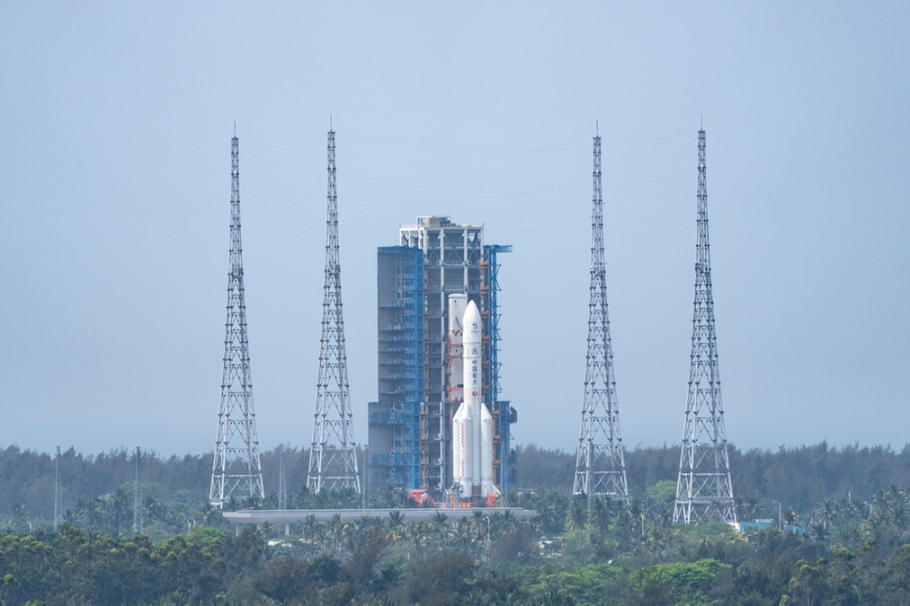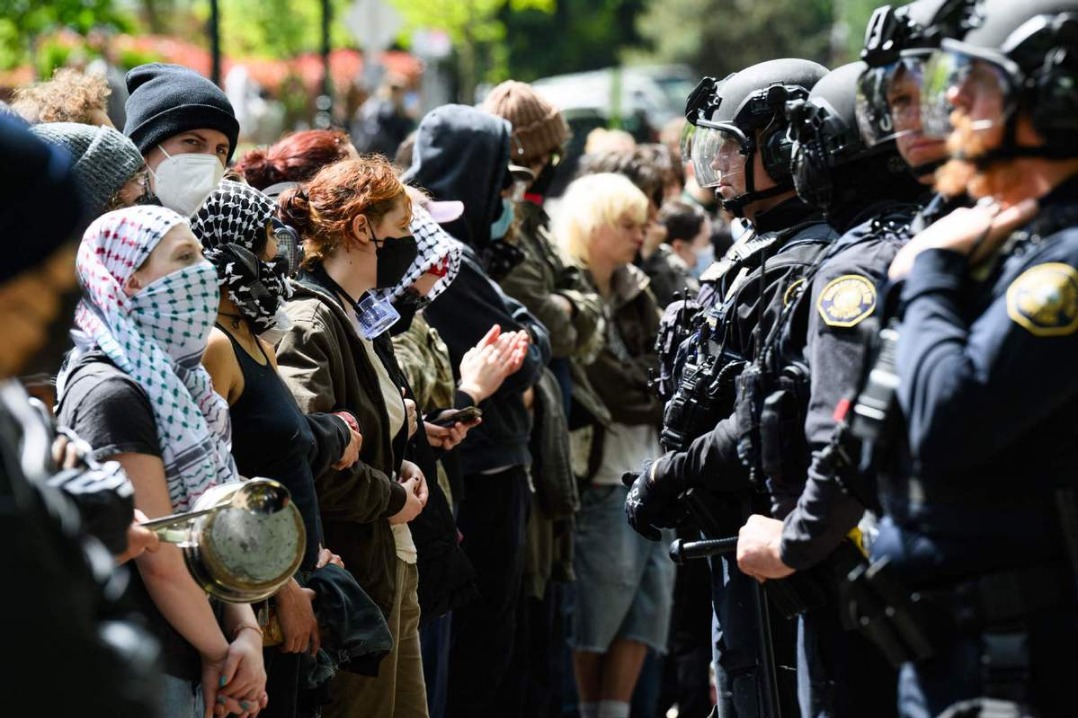Tibet's multiethnic community passes on tradition of unity
China Daily | Updated: 2021-08-10 09:23
LHASA-When Wuhan, the capital of Hubei province, was hit hard by the COVID-19 outbreak last year, Phurjung made a donation of 50,000 yuan ($7,700).
The 60-year-old runs a mineral water factory in Shigatse, Tibet autonomous region. Though his business was also affected, Phurjung did not hesitate to donate for the anti-epidemic cause.
He also exempted tenants of his stores from different ethnic groups from having to pay rent for two months.
"I myself am a beneficiary of ethnic unity, so it was not a hard decision to make," Phurjung said.
Phurjung, born into a Han-Tibetan family, lives in a community called Changlo Khangsar, where 13 ethnic groups, including Tibetan, Han, Hui and Mongolian people, live in harmony.
Located in the business area of Shigatse, the second-largest city in Tibet, Changlo Khangsar originally got its name from a wealthy local family.
Ma Gadong, a member of the Hui ethnic group who married a Tibetan woman, said he shared Phurjung's feelings.
Ma and his wife now run a clothing business in Lhasa, the regional capital, and they are planning to set up another one in Shigatse. Out of a willingness to help others, he promised his neighbors in Changlo Khangsar that his factory is always ready to hire whenever they need a job, no matter what ethnic group they are from.
"Every time someone in our community encounters a difficult situation, brothers and sisters of different ethnic groups here are always the first for them to turn to," said Tseten Yangkyi, head of the community residents' committee.
On June 2, the day ethnic unity and progress is celebrated in Shigatse, people from different ethnic groups in the community got together to exchange their views on ethnic unity.
"I remember that older people in our community told us that they had been serfs suffering from serfdom, torture and insults, and it was the Communist Party of China that had liberated them from the miseries," Phurjung said. "They also told us that without the CPC there would be no happy life as we are living today, and we must always be grateful to the Party and maintain unity."
In 1959, the CPC led the people in Tibet to launch democratic reform, abolishing Tibet's feudal serfdom and liberating over 1 million serfs in the region.
The community residents also gather to celebrate the anniversary of the CPC's founding every July 1.The celebrations usually end with a bustling party.
Tseten Yangkyi said efforts to promote Party building, economic development, education, cultural exchanges and public services all contributed to ethnic unity in the community.
For Phurjung, taking his grandchildren to the national flag-raising ceremony every Monday has become a routine during their summer vacation.
"Now, my grandchildren can sing the national anthem very well, and they speak very good Mandarin as well," he said proudly.
























